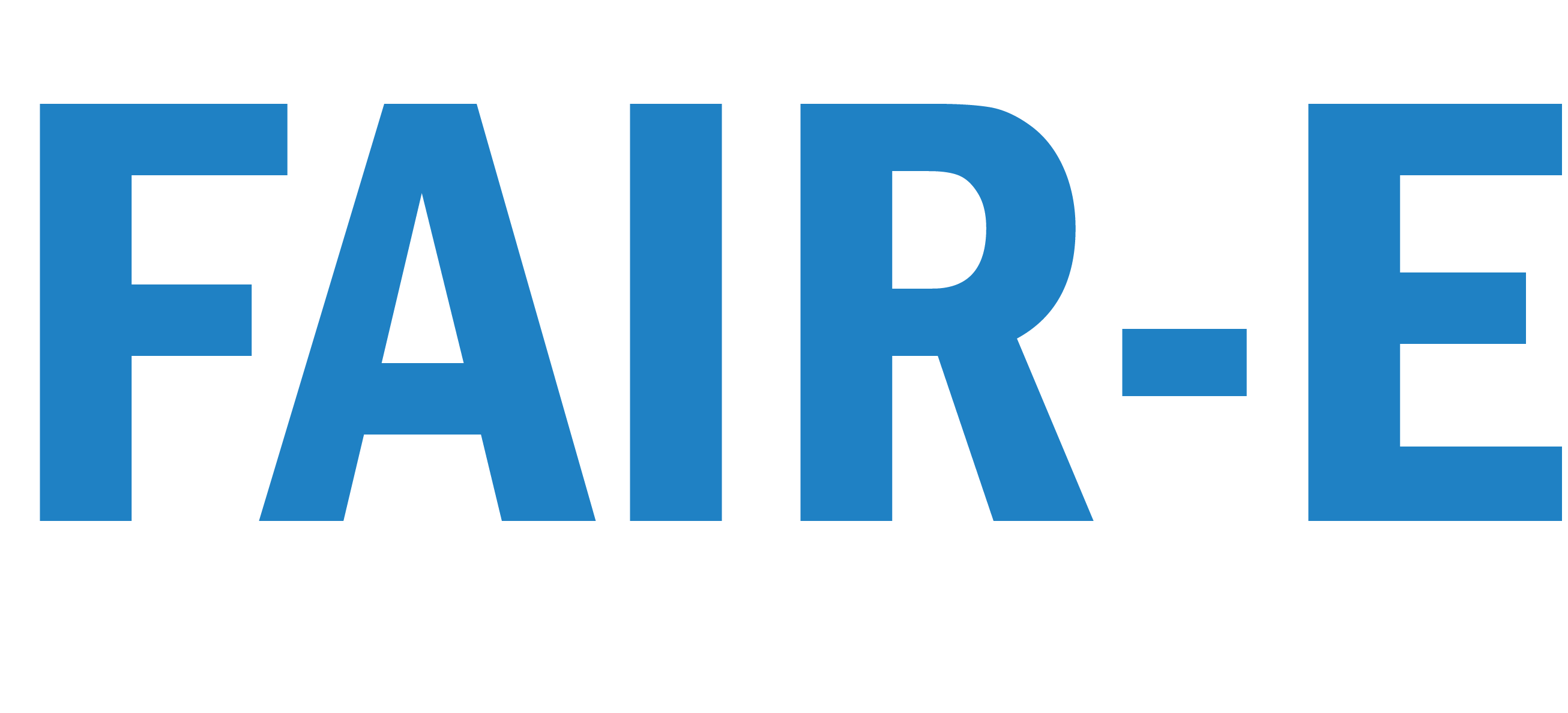About us
The Educational Innovations Bank (EI Bank), based at the Ravi J. Matthai Centre for Educational Innovation, Indian Institute of Management Ahmedabad (RJMCEI-IIMA), is a clearing house for effective educational innovations developed and implemented by elementary school teachers working in the public system. Teachers in the public system continue to play an important role in ensuring education for the marginalized sections of our society. In spite of the increase in the share of private sector enrolment, the precariously placed socio-economic strata will continue to depend on this system in the foreseeable future. However, the quality and other educational outcomes of the public system have often been criticized for their less than desirable levels. The EI Bank assumes that top-down reform is necessary but not sufficient: learning from those who have performed in spite of constraints that are common to many teachers, valorizing and supplementing their work and converting this work into a resource, will expose teachers to a solution-augmenting approach to local educational reform, and motivate them.
The EI Bank is designed to act as a hub for a decentralized peer-driven professional development network and as a tool for developing a culture of innovation in the public system. It was implemented on a small scale for many years, before an award from HP Sustainability & Social Innovation and the Education Innovation Fund for India 2012 helped scale up the project.
About Ravi J. Matthai Centre for Educational Innovation (RJMCEI) https://www.iima.ac.in/web/areas-and-centres/areas-and-groups/rjmcei
Projects Under Educational Innovations Bank:
SETU: Capacity Building for School Governance and Innovations (Web-based online head teacher training Programme)”
A pilot project in partnership with GCERT, to develop school governance and innovation capabilities of government primary school head-teachers in Gujarat through a blended learning model that combined a one-day orientation program with a 3-month online program, was implemented in 2016-17.
OBJECTIVES:
To enhance knowledge of School Governance among head-teachers and enable them to apply such knowledge to their specific school environments through action research projects. The major subject areas, derived from the current educational policy of the state, are the following:
- Good Governance
- School Development Plan
- Infrastructure and its effective use.
The pilots were well received, and their evaluation by a doctoral student of IIMA showed significant changes in change-oriented behaviour, as assessed by subordinates.
SAMARTH: Online Professional Development of Teachers
In February 2018, Educational Innovations Bank, RJMCEI, Indian Institute of Management Ahmedabad and Samagra Shiksha (formerly Sarva Shiksha Abhiyan), Gujarat began their collaboration on SAMARTH, an innovative initiative of experimenting with an online platform for capacity building of about 19000 Science and Math teachers of government primary schools of Gujarat. The overall curriculum and pedagogy were designed by the EI Bank team. The content for Science and Math was provided by SSA along with videos for each topic, whereas for other modules IIMA prepared the content. The design and development of the technology-based platform was done by IIMA including hosting. There were total 33 topics supported by 79 case studies. The program also involved training about 500 Cluster Resource Centre Coordinators in classroom observation. The research was scaled up to other levels and most subjects of the elementary cycle in 2019, covering nearly 1,45,000 teachers. The aim of the program is to demonstrate a working model for effective online professional development of teachers that can be adopted by the government.
DISCUSSION FORUM: Enhancing Peer learning- Peer Sharing through use of mobile technology and social media.
A peer discussion forum for teachers has been in operation since April 2014. The discussion content is drawn from the Educational Innovations Bank (www.inshodh.org), a collection of educational innovations developed and implemented by teachers working in the government system.
“SCHOLARS FOR CHANGE”
This project, initiated in 2014, has demonstrated the feasibility of an online internship program. It argues that providing higher education students a learning-by-doing opportunity in the form of a challenge related to social development can meet the desire of students to engage in reflective learning and address some key concerns related to school development, such as the digital divide in government schools. The internship has seen the participation of more than 800 students who have produced about 4500 videos, many with teaching manuals, to supplement Science and Math teaching in Classes 6 to 8 and language in Classes 1 to 5, and about 2500 projects in Science and Math for Classes 6 to 8. Stories for 1 to 5 class children and are categorized according to standard and language. There are about 600 stories in Hindi, Gujarati and Marathi containing Document, Audio and Video stories. Every story is followed by one Exercise pdf document called “Story Insights” in which 3 or 4 exercises for children are given. Packages prepared from this content are being distributed for offline use and on google drive via e-mail.
Improving quality in public schools: Strengthening school management committees, supported by UNICEF, Gujarat
This project was focused on improving governance in school management committees. In contrast to the official training programs which focus on communication of roles and responsibilities of the members, the project implemented a project-based training module that offered the participating members a chance to engage in actual decision-making on a project that they could design or adapt. The activity was a field experiment in 50 SMCs, with another 50 serving as controls, that studied decisional styles of 603 SMC members. The analysis was based on a confirmatory factor analysis of a two-factor (vigilant and maladaptive styles) model, with the variation among SMCs controlled through a two-level model and path analysis. There was a significant positive effect on the vigilant decision-making style of those who participated in the programme (β = 0.195, p < .05). Given that SMCs are expected to remain a feature of local governance structures, the importance of functional partnerships between the SMCs and school principals is indicated.

